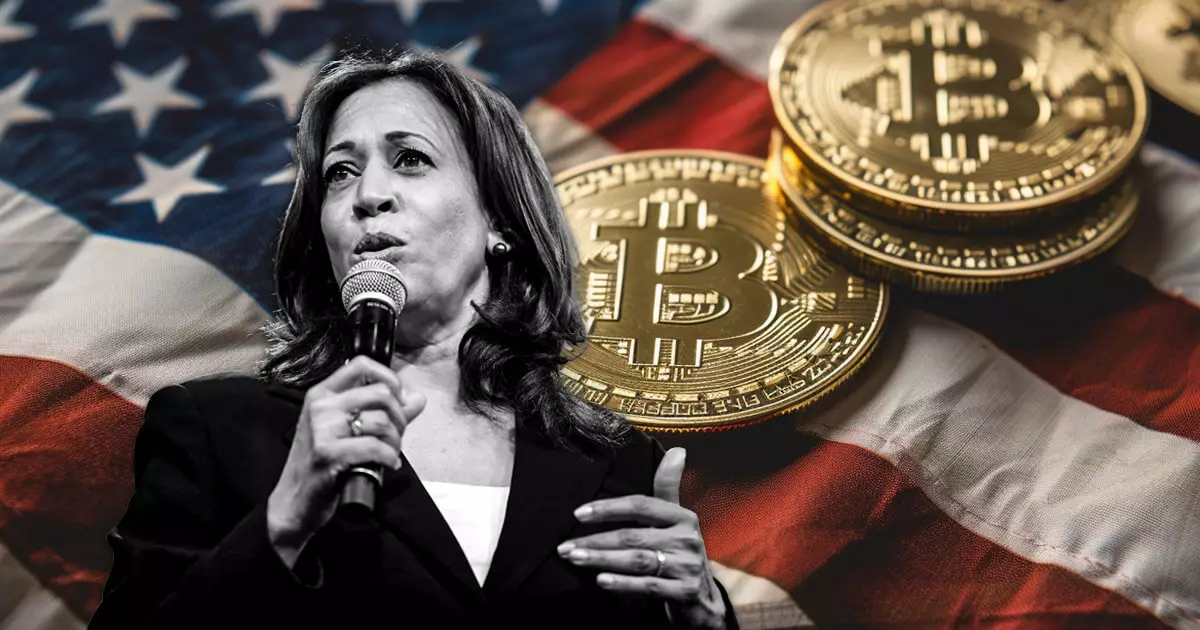The recent revelation by Coinbase CFO Alesia Haas regarding Vice President Kamala Harris’s campaign using Coinbase Commerce to accept crypto donations has sparked interest and raised questions about the intersection of politics and the cryptocurrency industry. This development provides insights into the evolving landscape of fundraising and the increasing acceptance of digital assets in mainstream politics.
The decision by the Harris campaign to accept crypto donations through Coinbase Commerce signifies a shift towards embracing innovative technologies for fundraising purposes. By utilizing blockchain technology for contributions, Harris’s campaign is tapping into a new demographic of supporters who are actively engaged in the cryptocurrency space. This move could potentially open up new avenues for political funding and lead to greater transparency in campaign financing.
Haas highlighted the importance of regulatory clarity in the US for the crypto industry and mentioned Coinbase’s significant policy spend to achieve this goal. With the Fairshake PAC supporting pro-crypto politicians, including those backed by Coinbase, there is a concerted effort to influence legislation and shape the regulatory framework for digital assets. Harris’s involvement in drawing up plans for crypto legislation signals a commitment to fostering innovation while ensuring compliance with regulatory requirements.
Despite the positive outlook towards Harris’s stance on crypto, there are lingering questions about the transparency of donations and the influence of corporate interests in political decision-making. The lack of response from the Harris campaign regarding the Coinbase integration raises concerns about the level of disclosure and accountability in accepting crypto contributions. Additionally, the discrepancy between Coinbase executives’ claims and the official fundraising site’s information underscores the need for clarity and consistency in disclosing campaign financing sources.
The growing support for crypto-friendly policies within the Democratic Party, as exemplified by the “Crypto for Harris” campaign, indicates a potential shift in attitudes towards digital assets among political leaders. The collaboration between Coinbase and political entities underscores the increasing convergence of technology, finance, and government affairs. Moving forward, the outcomes of these initiatives could shape the trajectory of regulatory decisions and industry practices in the broader crypto ecosystem.
The use of Coinbase Commerce by the Kamala Harris campaign for accepting crypto donations represents a significant development in the intersection of politics and cryptocurrency. This move not only highlights the evolving dynamics of campaign financing but also underscores the need for transparency, regulatory clarity, and ethical considerations in leveraging digital assets for political purposes. As the debate around crypto regulation continues to unfold, the implications of these initiatives will play a pivotal role in shaping the future of the industry and its engagement with policymakers.



















Leave a Reply